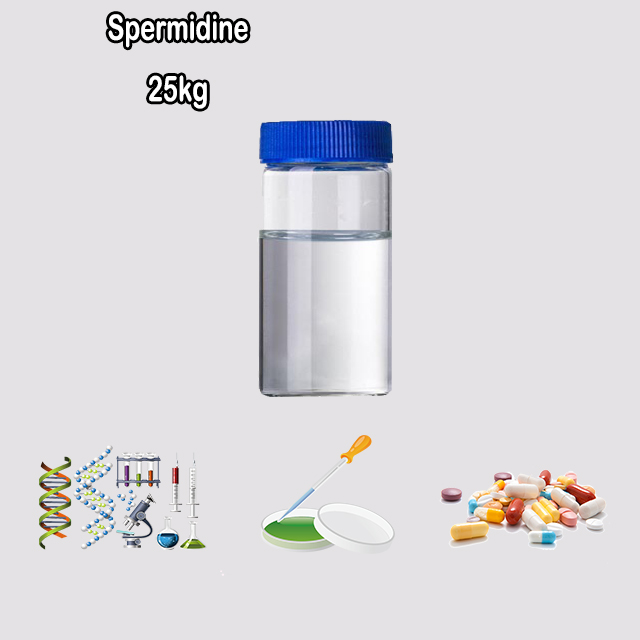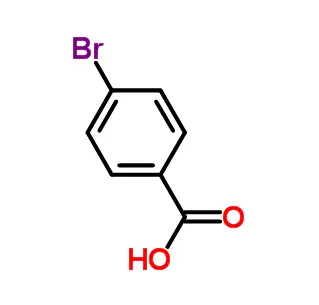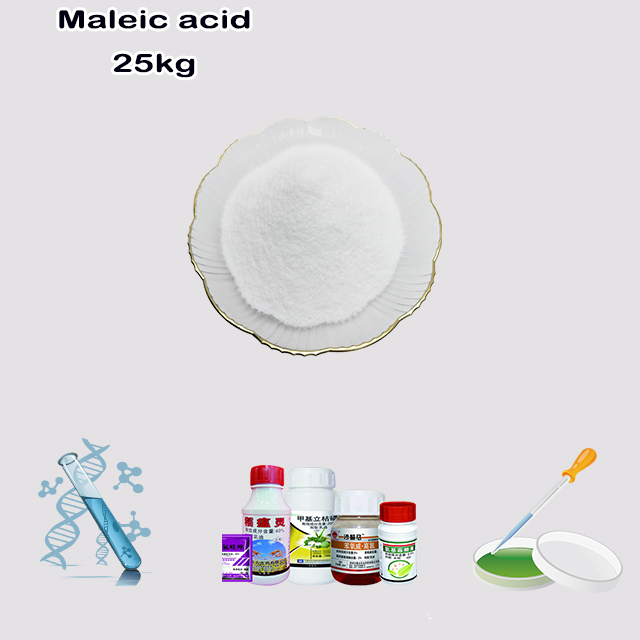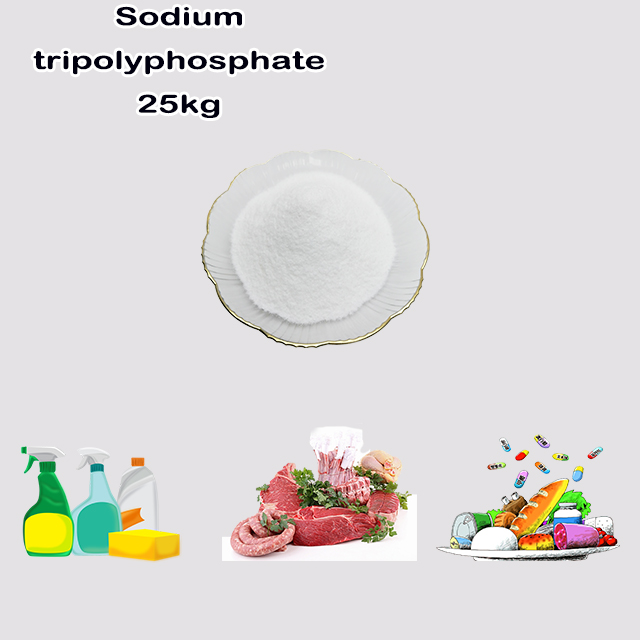
Search

Search

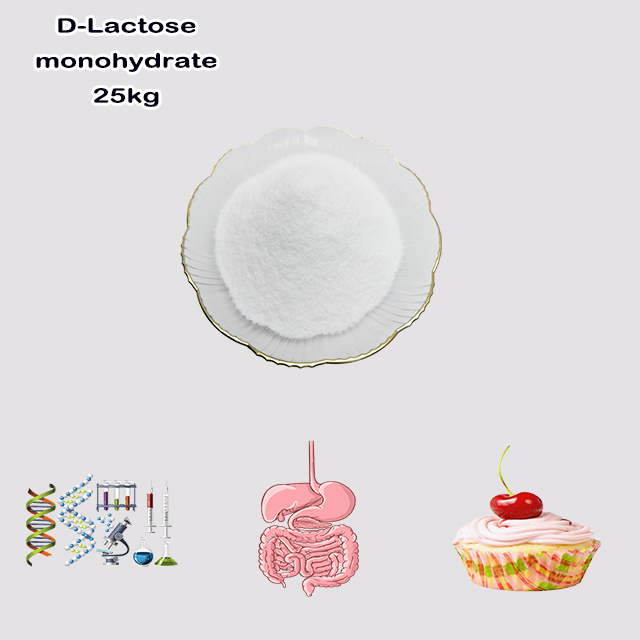
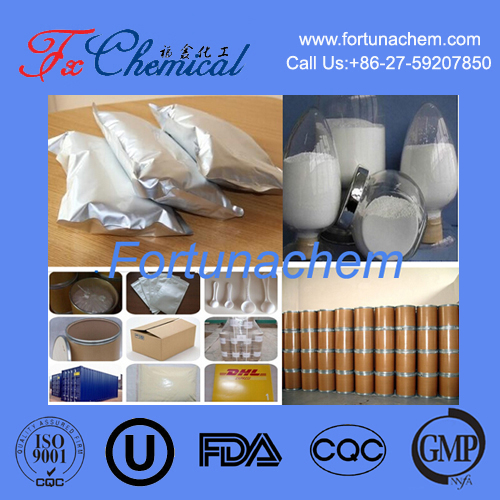
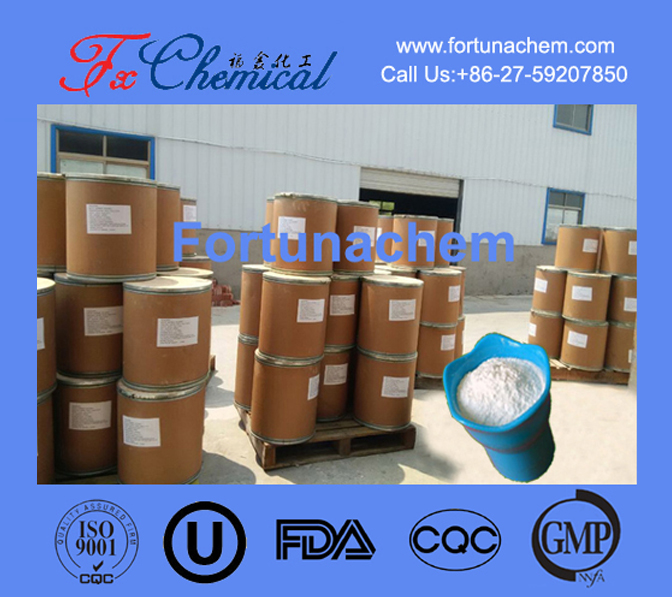
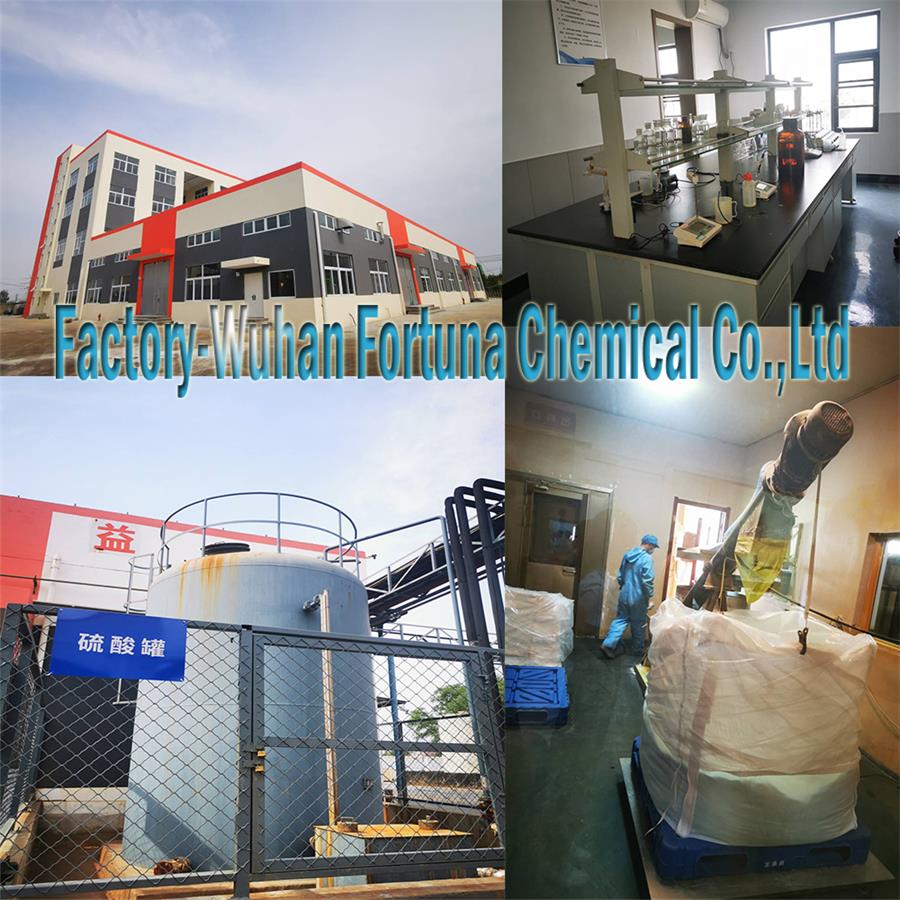
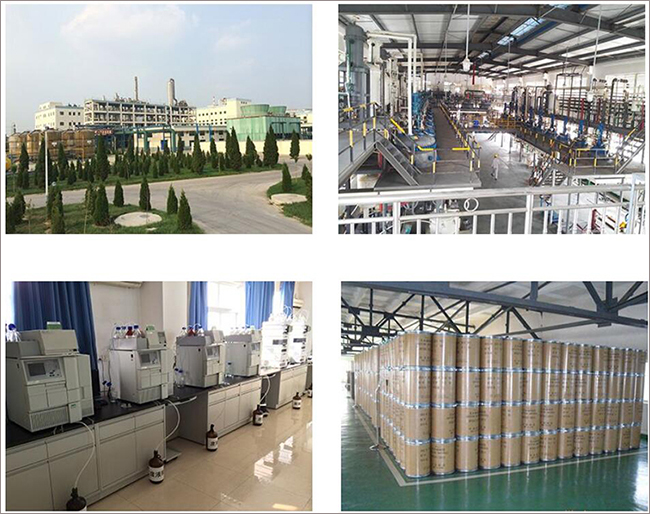





D-Lactose Monohydrate is the most common form of lactose, a natural sugar found in milk. The "D-" refers to its specific molecular shape, and "monohydrate" means it has one water molecule bound to it, which gives it stability as a white, crystalline powder.
It is widely used as a bulking agent, filler, or carrier in the pharmaceutical industry to form tablets and capsules. It is also a key ingredient in infant formula and food products. While safe for most, those with lactose intolerance lack the enzyme to digest it properly.
Items | Specifications | Results |
Residue on ignition | NMT0.1% | 0.03% |
Assay(%) | This product is 4-O-β-D- pyran galactosyl -D- glucose monohydrate.The content of C12 H22 O11 should be 98.0% ~ 102.0%. | 99.6% |
Loss on Drying(%) | Dry a sample at 80° for 2 h. NMT 0.5% | 0.12% |
Clarity and color of solution | The solution(lg in 10ml of boiling water) isclcar and nearly colorless. Determine the absorbance of this solution at a wavelength of 400 nm. The absorbance divided by the path length, in cm, is NMT 0.04 | Complies 0.03 |
Water | 4.5% 〜5.5% | 5.00% |
Heavy metals | NMT 5 ug per g. | Complies |
Acidity | Take l.0g of this product, and the pH value should be 4.0-7.0 | 4.4 |
Conclusion | The Quality of lactose product has the achieved standard of USP42 after examination standard examination, and consequently meet the provision. | |
D-Lactose Monohydrate is the most common and stable form of lactose, a natural disaccharide sugar found predominantly in the milk of mammals. Its name breaks down as follows:
D-Lactose: The "D-" denotes the specific three-dimensional configuration (chirality) of the glucose moiety of the molecule, which is the form naturally produced by mammals.
Monohydrate: This indicates that each molecule of lactose is chemically bound to a single molecule of water (H₂O). This water of hydration is crucial as it gives the compound its characteristic stability and crystalline structure.
In essence, it is milk sugar in its primary purified and crystalline form.
Chemical Formula: C₁₂H₂₂O₁₁ · H₂O
Appearance: A white, odorless, crystalline powder.
Taste: Faintly sweet (about 20% the sweetness of sucrose).
Solubility: Moderately soluble in water.
Hygroscopicity: It is non-hygroscopic (does not readily absorb moisture from the air), which is a vital property for its use in dry powder formulations.
The Maillard Reaction: Lactose undergoes this "browning reaction" with amino acids when heated, which is critical for color and flavor development in many food applications.
It is produced from the whey by-product of the cheese-making process. The whey is purified, concentrated, and crystallized. Under controlled conditions, the lactose crystallizes with its associated water molecule, forming the monohydrate.
1. Pharmaceutical Industry (Primary Use):
This is the largest application for D-Lactose Monohydrate. It serves as a critical excipient (an inactive ingredient) in solid dosage forms due to its excellent properties:
Diluent/Filler: Its primary role is to add bulk to a tablet or capsule formulation, ensuring the size is practical for handling and consumption, especially when the active drug is highly potent and required in minute amounts.
Binder: It helps powders adhere together during the tablet compression process, providing mechanical strength to the final tablet.
Flow Agent: The crystalline structure improves the flowability of powder blends, allowing for consistent and efficient filling of tablet dies or capsules.
2. Food Industry:
Infant Formula: Used to closely match the carbohydrate composition of human milk.
Bakery and Confectionery: Acts as a browning agent, flavor carrier, and texturizer.
Seasonings and Processed Foods: Used as a bulking agent and flow aid in dry powder mixes.
Carrier for Flavors and Sweeteners: Its low hygroscopicity makes it ideal for keeping these mixes free-flowing.
3. Other Uses:
Fermentation Media: Used in microbial fermentation processes to produce antibiotics, enzymes, and other bioproducts.
Animal Feed: Adds nutritional value and improves pellet quality.
Digestibility: To be digested, lactose must be broken down into its simple sugars (glucose and galactose) by the enzyme lactase in the small intestine. Individuals with lactose intolerance lack sufficient lactase, leading to digestive discomfort when consuming it.
Safety and Purity: Pharmaceutical-grade D-Lactose Monohydrate is highly purified and held to strict quality standards (e.g., USP, Ph. Eur.) to ensure safety and consistency in drug products.
Alternatives: For lactose-intolerant individuals or for certain drug formulations where compatibility is an issue, alternative excipients like microcrystalline cellulose or mannitol are used.
| Aspect | Description |
|---|---|
| What it is | The crystalline, monohydrate form of milk sugar (lactose). |
| Key Property | A stable, non-hygroscopic, white powder with low sweetness. |
| Primary Role | A versatile inactive ingredient (excipient) used as a filler, binder, and flow agent. |
| Main Industry | Pharmaceuticals (tablet and capsule manufacturing). |
| Other Uses | Infant formula, food processing, and animal feed. |
| Consideration | Not suitable for individuals with lactose intolerance. |
In short, D-Lactose Monohydrate is an indispensable, multi-functional ingredient that plays a critical, behind-the-scenes role in giving structure and stability to the vast majority of tablets we consume and in numerous food products.
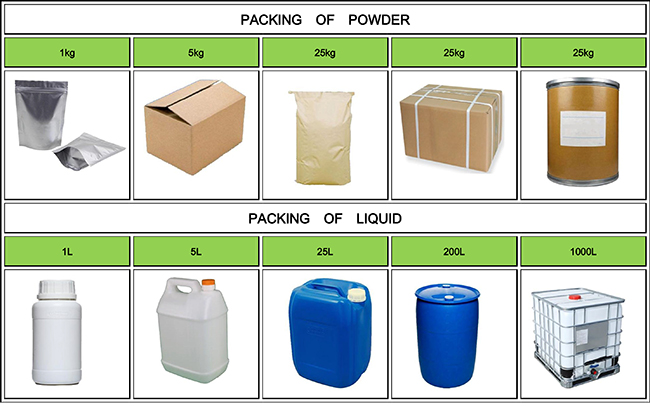
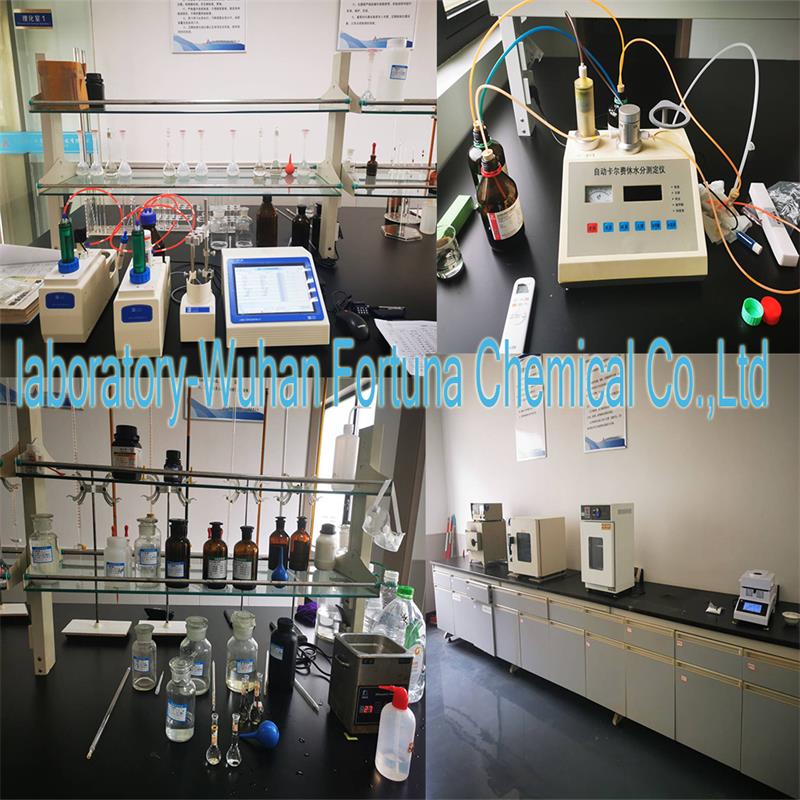


Fortunachem Provides Not Only Professional Chemical Products But Also Professional Help
Keeping you up-to-date with all the latest information, news, and events about Fortunachem!

Quick Links
Add:
E-mail:
 English
English  Español
Español  français
français  العربية
العربية 